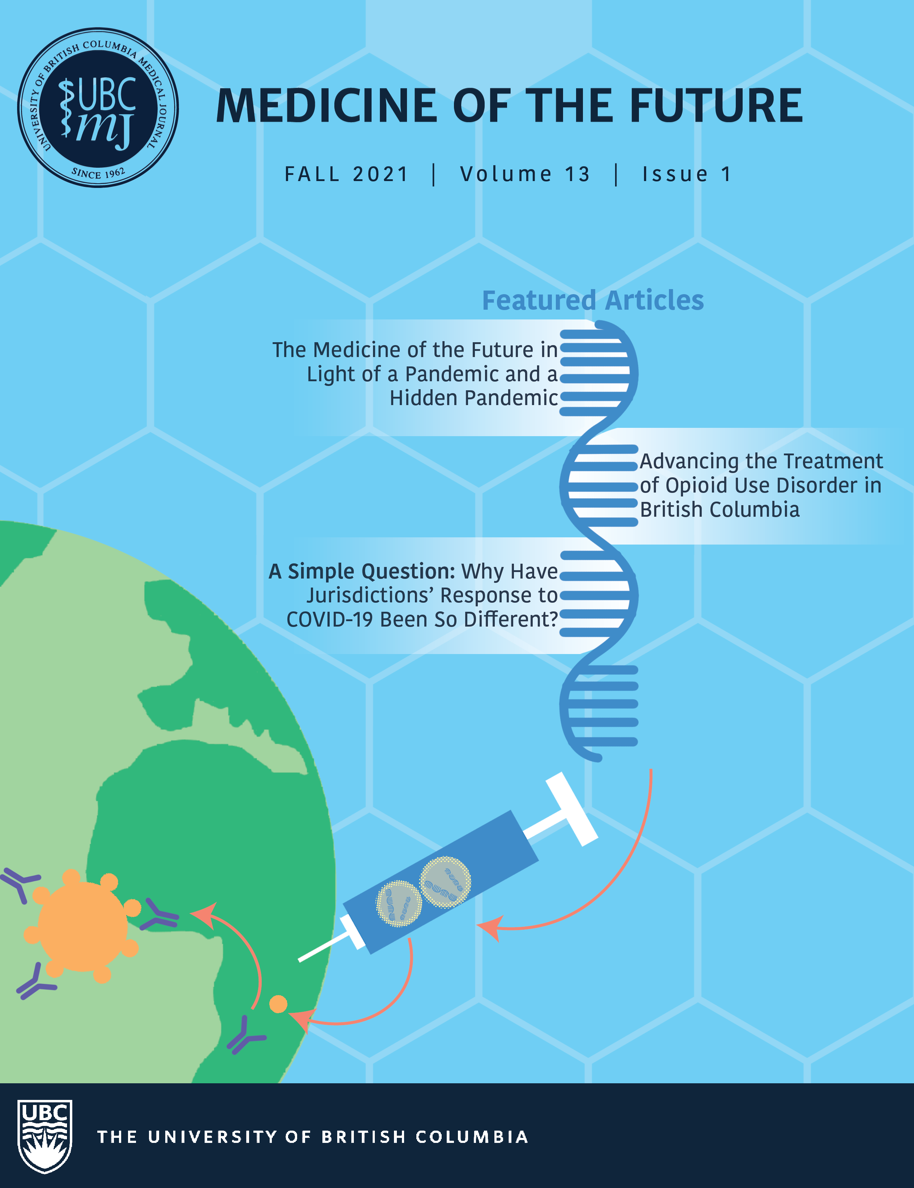A literature review of impact of social determinants of health on preventative oral health program design in remote communities: A focus on Spiti Valley, India
Abstract
Background and purpose: Dental caries is the most prevalent pediatric illness worldwide. It results from a complex interplay between biological and social determinants of health (SDH). The purpose of this review is 1) to understand the social determinants of health impacting dental caries burden in remote communities, using Spiti Valley, India as an example; 2) to understand the importance of using SDH to inform preventative oral health program (OHP) design, and lastly; 3) to provide best practice guidelines for implementing OHPs in remote communities worldwide.
Methods: MEDLINE and PubMed databases were searched for English-language articles describing oral health programs implemented in remote communities around the world. Articles pertaining to OHPs that used preventative interventions to address pediatric dental caries in remote communities were included. Articles were excluded if the study sample included special needs children, and if the program lacked preventative interventions.
Results: Remote communities around the world share many SDH factors, such as low income, limited education, limited availability and access to oral healthcare services, nutritious foods, clean water, and electricity. These factors are key to informing OHP design, and when addressed appropriately, can reduce a community’s dental caries burden.
Conclusion: There is a continued need for preventative OHPs in remote pediatric caries burden remains high despite caries prevention strategies, that continue to contribute towards dental caries formation.

